Better Learning for a Better World
through People Centred Smart Learning Ecosystems
Summary
To respond to the expectations of younger generations, decrease drop out and increase levels of employability, we have to restore the territorial significance of learning ecosystems and in particular of schools: the most widespread and robust of local networks.
We have to transform these learning ecosystems into drivers of social innovation and regional development, capable of filling the gaps between traditional educational agencies – school, parents and territorial stakeholders – and of integrating them with the new agency represented by the web and its virtual communities.
We have to transform learning ecosystems into people centered phygital places and smart agents that are able to foster the acquisition of adequate levels of design literacy, horizontal, digital and data skills, and to sustain continuous and open innovation by recovering the centrality of the project as engine of engagement, cohesion, well-being and ecosistemic smartness.
We have to sustain training, or re-training of all actors in the educational process: teachers, professors, educational managers, technicians and administrative officers; and foster innovation at both organisational and didactic levels.
We have to rethink the school-work alternation to foster cooperation between students, teachers, families and other territorial stakeholders, while generating the growth of more cohesive communities, deeply committed to innovation and more focused on the needs of the territory.
We have to fully unlock the potential of open forms of education requiring not only affordable, efficient and well maintained digital infrastructures, but also open access to networks of people and professionals.
We have to sustain the development of smart learning ecosystems by fostering the development of a fully interoperable tech-sphere to avoid barriers against innovation.
We have to discourage technological laziness, and invest all our efforts into producing technologies that are easy to use, adoptable by all, and capable of promoting cultural changes without affecting our quality of life.
We have to foster social inclusion, civic participation, community identity and social cohesion; the development of an entrepreneurial, lifelong, lifewide and lifedeep learning mind-set; the slowing down of unnecessary economic migration and the demographic depopulation of disadvantaged areas; the acceleration of the integration of educational spaces at regional, national and European level.
Overall, we have a duty to act to achieve better learning for a better world.
Download the full text of the Declaration
signed by
ASLERD, EADTU, EATEL, EDEN, IAFeS
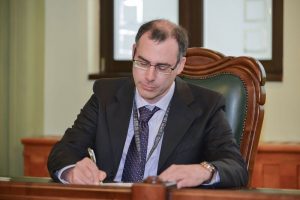
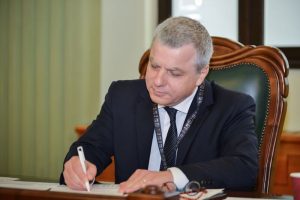
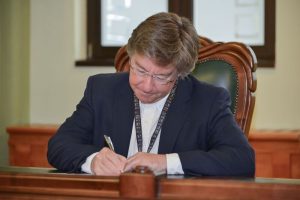 Matthias Rehm (ASLERD Vice President) – Carlo Giovannella (ASLERD President)
Matthias Rehm (ASLERD Vice President) – Carlo Giovannella (ASLERD President)
Fernando Ramos (ASLERD Executive Committee Member)
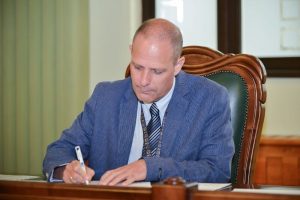
Darco Jansen (EADTU Programme Manager)
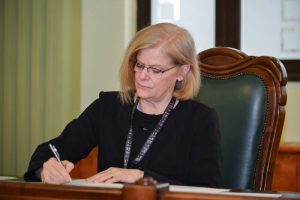
Katherine Maillet (EATEL President)
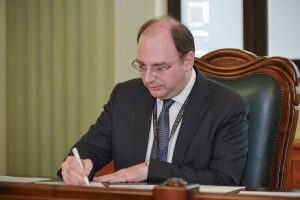
Antonio Texeira (EDEN President)
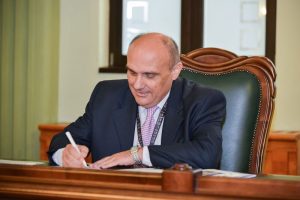
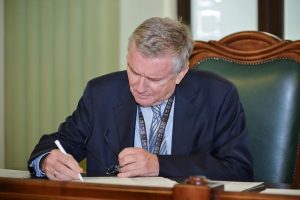
Radu Vasiu (IAFeS President) – Johann Günther (IAFeS General Secretary)
Acknowledgments: we are all deeply grateful to David Evans for their expert and passionate proof reading of Timisoara Declaration. We also grateful to Annika Wolff for her first screening.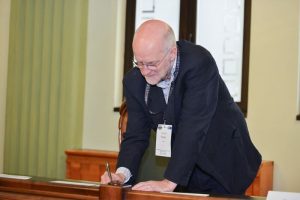
David Evans
We are also deeply grateful to Diana Andone and Radu Vasiu for their warm and professional organization of SLERD 2016 and of the signing cerimony.
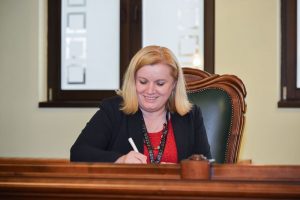
Diana Andone
